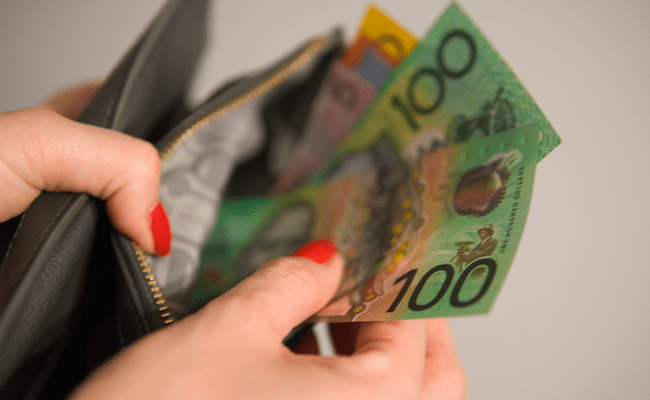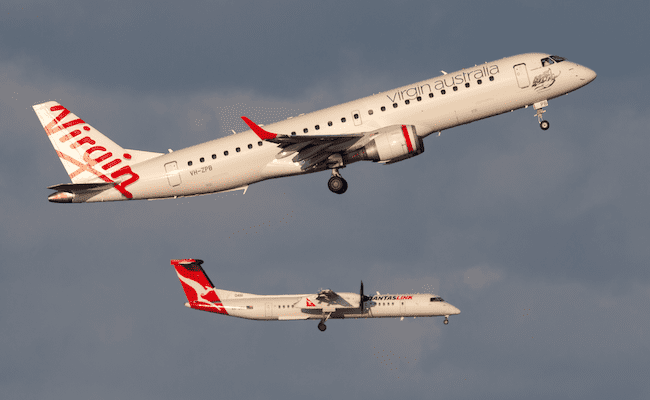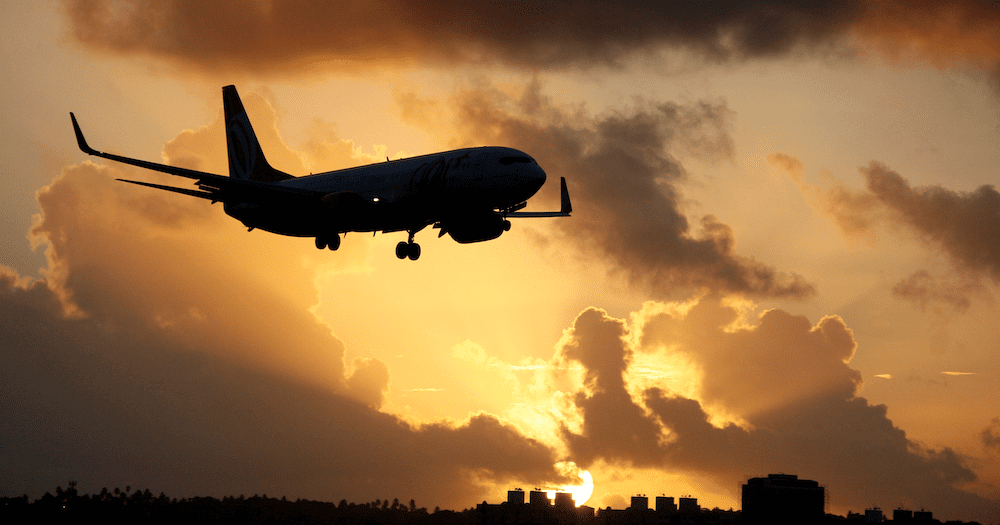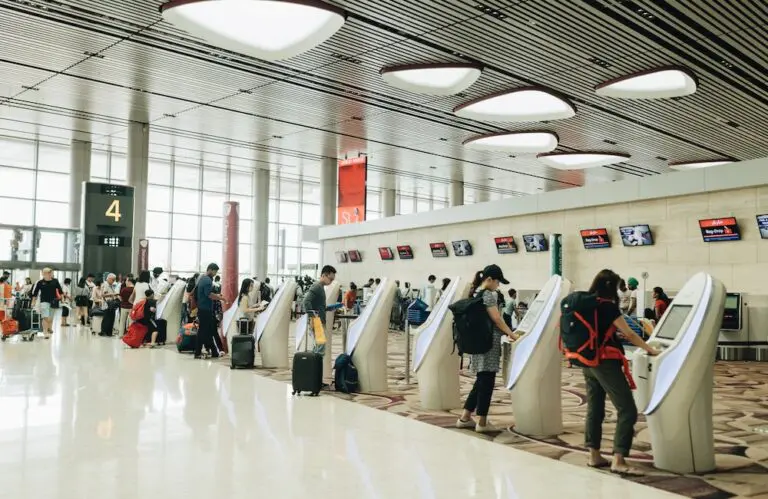The Australian Competition and Consumer Commission (ACCC) says travellers can expect to see lower domestic airfares as capacity returns to the aviation market – and it will be keeping a close eye on airlines to make sure there’s no price gouging.
In its latest Airline Competition in Australia report, the ACCC says domestic airfares are currently well above pre-pandemic levels, with the benchmark ‘average revenue per passenger’ in October 2022, 27 per cent higher than it was in October 2019.
According to the quarterly report, discounted economy fares have risen the most sharply, thanks to an imbalance between demand and supply.
“Airfares have risen due to strong demand for travel and constrained supply as airlines have scaled back their schedules in response to high jet fuel costs and operational challenges,” ACCC Commissioner Anna Brakey said.

Discounted economy not so discounted
The report found that discounted economy fares across Australia’s top 70 domestic routes in November 2022 were more than double the 11-year low prices seen just seven months earlier in April 2022.
During this period, in September, the cheapest available fares also soared to a 15-year high.
“Historic lows and highs for discount airfares in the same year illustrate how changeable this market has been as the industry recovers from the pandemic,” Brakey said.
“We accept that the airlines are still experiencing some pandemic-related resource challenges, but the ACCC will be monitoring them closely to ensure they return capacity to the market in a timely manner to start easing pressure on airfares.
“We would be concerned if airlines withheld capacity to keep airfares high.”
More competition = cheaper fares
But in good news for consumers, flexible economy and business airfares have been steady, and even below pre-Covid-19 prices in November 2022.
The report found competition was an important factor in determining what consumers would pay, along with booking windows, demand, and an airline’s corporate strategy.

“In the current climate of high airfares, competition is more important than ever in helping to constrain prices, and giving consumers more choice,” Brakey said.
The extra revenue from the more expensive flights has allowed Australia’s three airline groups – Qantas, Virgin Australia and Rex – to forecast a return to profits for the 2022-23 financial year, after three years in the doldrums.
Aussie airlines performing better
Operationally, the industry continues to work through staff shortages and supply chain issues. But with staff absences decreasing, carriers have been able to improve operational performance.
In October, Qantas, Jetstar, Virgin Australia and Rex collectively cancelled 2.9 per cent of domestic flights, compared to 6.4 per cent in July and 2.1 per cent for the long-term average.
“The airlines have significantly improved their reliability following historic lows over winter; however, flights are still regularly delayed,” Ms Brakey said.
Nearly one in three (31 per cent) flights were postponed in October, compared to the long-term average of around 18 per cent.
Read the latest Airline Competition in Australia report here.






